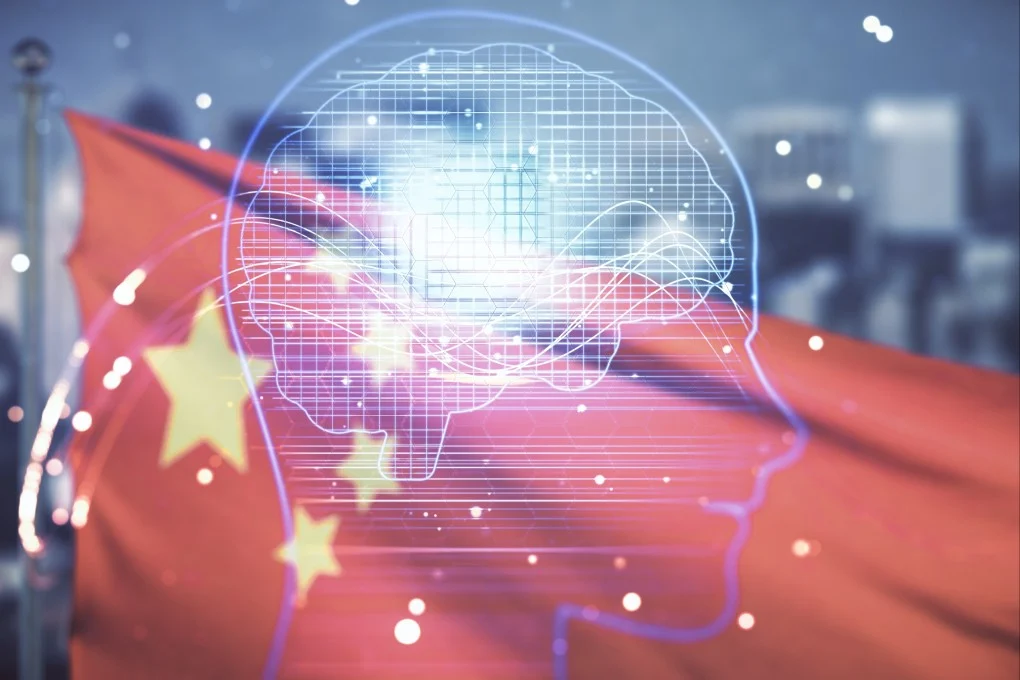In an era marked by economic volatility and uncertainty, the World Bank has identified China as a crucial pillar of stability in the global economy. While many nations are grappling with inflation, supply chain disruptions, and geopolitical tensions, China stands out as a key player helping to mitigate global financial instability. But how does China serve this role, and what does it mean for the future of global economic growth?
China’s Economic Resilience
China’s ability to maintain robust growth despite global economic chaos has been nothing short of impressive. As the world’s second-largest economy, China has continued to expand, even as many other countries face recessions or slower recovery rates. This resilience comes from a combination of factors, including strategic government interventions, a strong manufacturing base, and a rapidly growing tech sector.
For the World Bank, China’s stable economy provides a sense of reassurance in times of uncertainty. The country has weathered numerous challenges over the years, from trade wars to the pandemic’s economic fallout. By acting as an economic anchor, China offers a sense of security to international markets, with its stable growth influencing global trade, investment, and market sentiment.
The Role of China in Global Trade and Investment
China’s role in global trade cannot be overstated. As the world’s largest exporter, it plays a crucial role in keeping supply chains intact, particularly for key industries like technology, automotive, and consumer goods. Despite the occasional disruptions, China’s manufacturing capabilities have allowed it to meet the world’s demands while maintaining a competitive edge in terms of pricing and output.
Investment-wise, China is not only a major source of foreign direct investment (FDI) but also a destination for global capital. The country’s growing middle class and expanding consumer market make it an attractive proposition for international businesses. These dynamics help keep the global economy functioning smoothly, offering opportunities for growth even in a time of crisis.
China’s Strategic Partnerships and Global Influence
The World Bank also acknowledges China’s increasing global influence through its strategic partnerships and international initiatives, like the Belt and Road Initiative (BRI). These collaborations have helped to stabilize economies in developing regions by improving infrastructure, boosting trade, and fostering economic cooperation. For many countries, China’s support has been vital in overcoming economic challenges and maintaining growth during tumultuous times.
Moreover, China’s leadership in global institutions such as the World Trade Organization (WTO) and the International Monetary Fund (IMF) has cemented its position as an influential force in international economic policy-making. Its policies and initiatives are shaping the future of global trade and finance.
The Future Outlook: A Stabilizing Force Amidst Uncertainty
Looking ahead, China’s role as an anchor of stability in global economic chaos is expected to grow even more significant. As the world faces ongoing challenges, from inflationary pressures to potential recessions, China’s economic policies and strategies will likely continue to play a pivotal role in ensuring global economic stability. For the World Bank, China’s ability to balance domestic growth with international influence will remain a key factor in maintaining a stable global economy.
In conclusion, the World Bank’s recognition of China as a stabilizing force underscores the importance of the country in navigating the complexities of today’s global economic landscape. As the world’s economic powerhouse, China provides the necessary stability and growth that the global market needs to recover and thrive.



